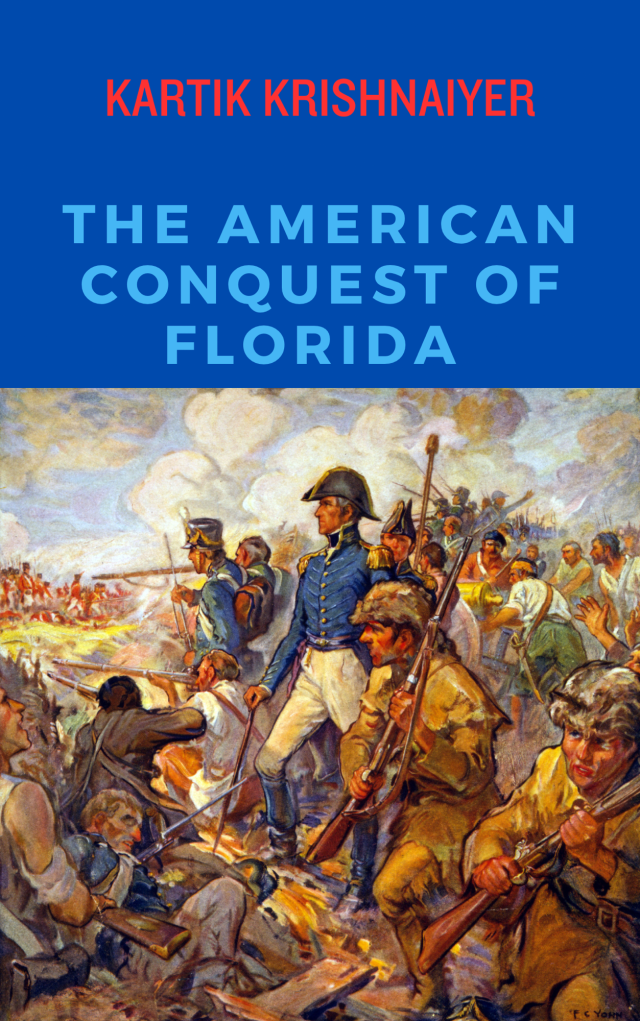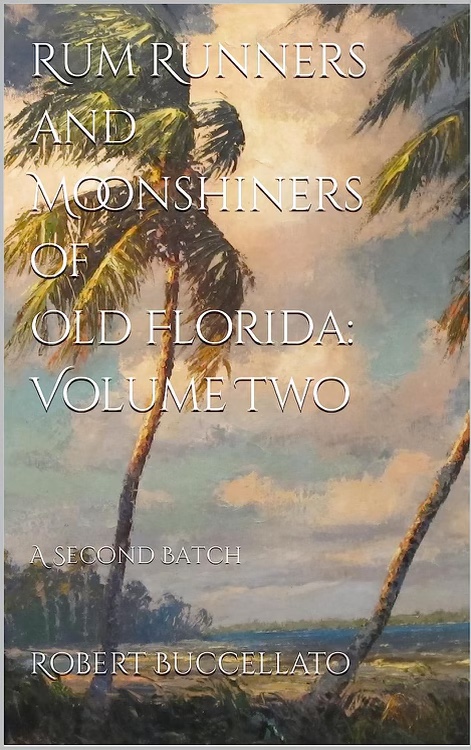As Charlie Crist begins another run for Governor, now as a Democrat, let’s take a look back at some of the other populists that have run for or obtained the Governorship in this state. Note that we distinguish populism from mainstream political philosophy by noting that Governor’s such as Leroy Collins, Reubin Askew, Bob Graham, Lawton Chiles and Jeb Bush all had a vision of the future and a clear ideology. They did what they felt was right, regardless of the political consequences. Populists in Florida have ranged from those who simply want to remain in office to those who are outright rabel rousers, using the bully pulpit of a campaign or political office to create mischief among the citizens of the state.
Populism as a political movement began in the 1890s and was largely southern & western based. Tom Watson of Georgia was one of the first great populists and originally advocated a bi-racial coalition of working class citizens and farmers. However, in time Watson became a racist advocating antisemitism, anti-Catholicism and a revival of the KKK. Populism was largely an agrarian movement and lacked support in most major cities across the country.
In 1904 Napoleon Bonaparte Broward sought the Democratic nomination for Governor (tantamount to election with one exception between Reconstruction and 1966) and won. Broward described his populism this way:
“I don’t intend to go after the cities. Their newspapers are against me and they don’t take me seriously. But I’m going to stump every crossroads village between Fernandina and Pensacola and talk to the farmers and the crackers and show them their top ends were meant to be used for something better than hatracks. I’m going to make ‘em sit up and think. They won’t mind mistakes in grammar if they find I’m talking horse sense.”
Broward governed as a populist, and paved the way for major development of south Florida by draining large portions of the Everglades, creating a ecological catastrophe for years on end in the future.
In 1916, Sidney Catts was elected Governor of Florida after being denied the Democratic nomination in a recount. Catts secured the nomination of the Prohibition Party and was elected. Catts talked extensively about political & bureaucratic reform and married that rhetoric with overt racism.
Here is an excerpt from Catts inauguration speech:
“Your triumph is no less in this good hour in beautiful Florida, for you have withstood the onslaughts of the county and state political rings, the corporations, the railroads, the fierce opposition of the press and organization of the negro voters of this state against you and the power of the Roman Catholic hierarchy against you. Yet over all of these the common people of Florida, the everyday cracker people have triumphed.”
Catts’ rhetoric would foreshadow that of Father Coughlin nationally in the 1930s (Coughlin would replace anti-Catholicism with antisemitism) and that of Huey Long in Louisiana. Populism by this time had given way to the progressive movement, but that largely Midwestern based push was largely absent from Florida politics, particularly in the 1920s as the state exploded with new growth thanks to a land boom.
Florida has its own version of Huey Long in Fuller Warren who was elected Governor in 1948. Warren, a former KKK member spoke out against the Klan in 1948 saying the following:
“The hooded hoodlums and sheeted jerks who paraded the streets of Tallahassee last night made a disgusting and alarming spectacle. These covered cowards who call themselves Klansmen quite obviously have set out to terrorize minority groups in Florida as they have in a near-by state.
Warren counted on strong rural support and ran on a populist platform which ran contrary to the prevailing conservative winds in the Florida Democratic Party at the time. Florida despite the election of Claude Pepper to the US Senate elected far fewer New Dealers than any other southern state.
Warren, an orator of some note publicly took on the entrenched powers in the Democratic Party and Legislature. Thus he elicited opposition and was also accused of some of the same sort of corruption in league with gambling interests that beset the Long faction in Louisiana. Warren’s impeachment was rejected by the full House.
General Sumter Lowry whose philanthropy helped Tampa grow into a major city during the 1950s, but whose views on segregation were the most extreme of the era ran twice for Governor. Lowry ran in 1956 exclusively on the race issue vowing never to accept black children into white schools and pledging to emulate Virginia’s “massive resistance” effort. Thankfully, Lowry was defeated in the Democratic Primary by Governor Leroy Collins the son of a Tallahassee grocer and one of the greatest Floridians ever. Lowry tried again in 1960 and attempted to make the entire Gubernatorial election about “state sovereignty,” and “freedom of free association”. Lowry lost, but only after pushing the eventual winner Ferris Bryant towards his positions.
In 1966, at a time of strife throughout the south, Claude Kirk emerged as a populist political force, and much like his populist predecessors had a buffoonish streak. Kirk was the first Republican elected statewide since reconstruction. Kirk did certainly have positives in his administration but is most remembered for his flamboyance.
The Governor was a self promoter of the highest order and was on whatever side of the issues he sensed would get the most reaction from the media. Without a consistent political philosophy, Kirk had become a Republican solely for political gain to tap into the anger of white voters over civil rights. Colorful and controversial in his public statements, Kirk embarrassed the state repeatedly.
Kirk’s clownish behavior eventually had him defeated in a landslide by Reubin Askew in 1970. Askew would restore the state’s reputation nationally and eventually be named one of the top 20th Century Governors in the country by Harvard University.
Ross Perot’s Presidential campaigns both achieved a higher percentage of the vote in Florida than he did nationally. Perot did particularly well, as did Charlie Crist is his multiple statewide runs in the I-4 corridor.
With Crist seeking a to return to the Governor’s Mansion this time as a Democrat will he play populist again? Only time will tell, but based on his campaign announcement it seems inevitable he will.







Important to remember this tradition not just because you and I are fond of it — rather because that’s when the majority was winning.
LikeLike
Fantastic!
LikeLike
Great lesson of Florida history….many thanks!
LikeLike
[…] _________________ A History of Populism in Florida, from The Florida Squeeze. Pub. Nov. 11 Read […]
LikeLike